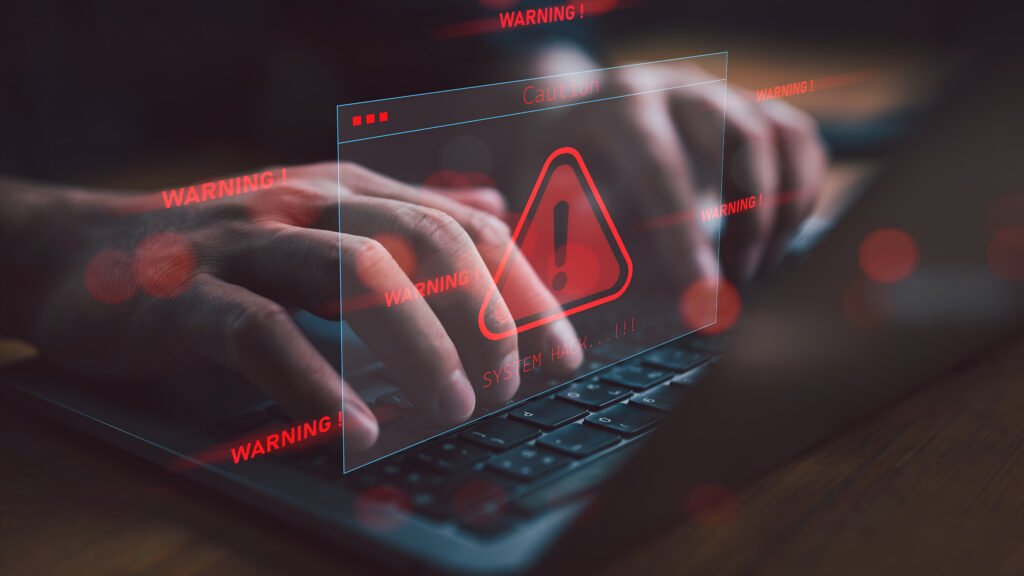
In a time when our lives are becoming more digital by the day, password protection is no longer a convenience issue—it’s an imperative. A recent study by Cybernews has revealed a whopping 19 billion passwords leaked online via a string of international data breaches between April 2024 and early 2025. What’s more disturbing is that 94% of these passwords were reused or copied, making it astonishingly simple for cybercriminals to take advantage of user accounts.
The magnitude of this leak highlights just how exposed our personal data is when we use weak, repetitive, or generic passwords.
The Scary Trends in Leaked Passwords
Cybernews aggregated and analyzed information from more than 200 cybersecurity breaches, including high-profile cases involving platforms such as Snowflake and SOCRadar.io. The hacked data, more than 3 terabytes in volume, contained not only passwords but also sensitive personal information such as email addresses.
What this research reveals is an alarming picture of how lightly the majority of people approach password protection. Common trends such as “123456,” “password,” or “admin” continue to lead the most frequently used password list. Personal names such as “Ana” and common words such as “love,” “sun,” and even swearwords crop up with alarming regularity.
Here’s a snapshot of the most commonly used passwords from the leaked data:
1234—used in nearly 727 million passwords
123456—appears 338 million times
password—around 56 million entries
admin—seen in 53 million cases
Ana—included in about 178 million passwords
love—used 87 million times
Apple, Google, Facebook, Kia, and even food names like pizza, rice, and orange were also widely used.
In many instances, these words weren’t used as standalone passwords but were part of longer phrases (e.g., “iloveana” or “password123”).
Why This Matters
The presence of such simple passwords in wide use indicates a disturbing trend: users undervalue the danger of bad password hygiene. By recycling passwords between multiple accounts or using simple words and sequences, they make it much easier for hackers to access personal, financial, and professional accounts.

Cybercriminals use credential stuffing attacks, where leaked usernames and passwords from one breach are used to attempt logins on multiple websites. If someone uses the same login details for their bank, email, and social media, it only takes one leak for everything to fall apart.
Password Complexity: A Small Step Forward
It did note a modest improvement in overall password strength compared to earlier years. In 2022, merely 1% of passwords had a good balance of uppercase, lowercase, numbers, and special characters. That percentage has now reached 19%, partly due to more sites enforcing stronger password creation practices.
Yet this achievement is not enough. A major percentage of users (27%) still use only lowercase letters and numbers, and most passwords range from 8–10 characters in length—long enough to satisfy minimal platform requirements but short enough to prevent no determined intruder.
What You Should Do to Stay Safe
The report’s conclusions make one thing crystal clear: our online defenses are only as good as our worst password. Here are simple steps all users can take to protect their accounts:
Use Unique Passwords for Each Account
Don’t reuse the same password on multiple systems. If one of them is hacked, others will remain protected.
Create Strong, Complex Passwords
Use a combination of uppercase and lowercase letters, numbers, and special characters. The more difficult and longer the password, the morelt it is to break.
Use Two-Factor Authentication (2FA).
If someone manages to get your password, they can’t get past the second line of defense.
Use a Password Manager
You can use tools such as LastPass, Bitwarden, or 1Password to create and remember complex passwords, so you don’t need to remember all of them.
Be in the Know About Breaches
Keep checking websites such as Have I Been Pwned to check whether your accounts have been involved in known breaches.
Final Thoughts
The massive leak of over 19 billion passwords is a wake-up call for everyone. Whether you’re a casual internet user, a professional, or someone managing sensitive client data, your password practices matter more than ever. The internet is an amazing tool, but it’s also filled with threats that thrive on carelessness and repetition.
If we want to reduce the risk of cyberattacks, the first—and most crucial—step is to ditch weak, common, and reused passwords. Security begins at the login screen.







